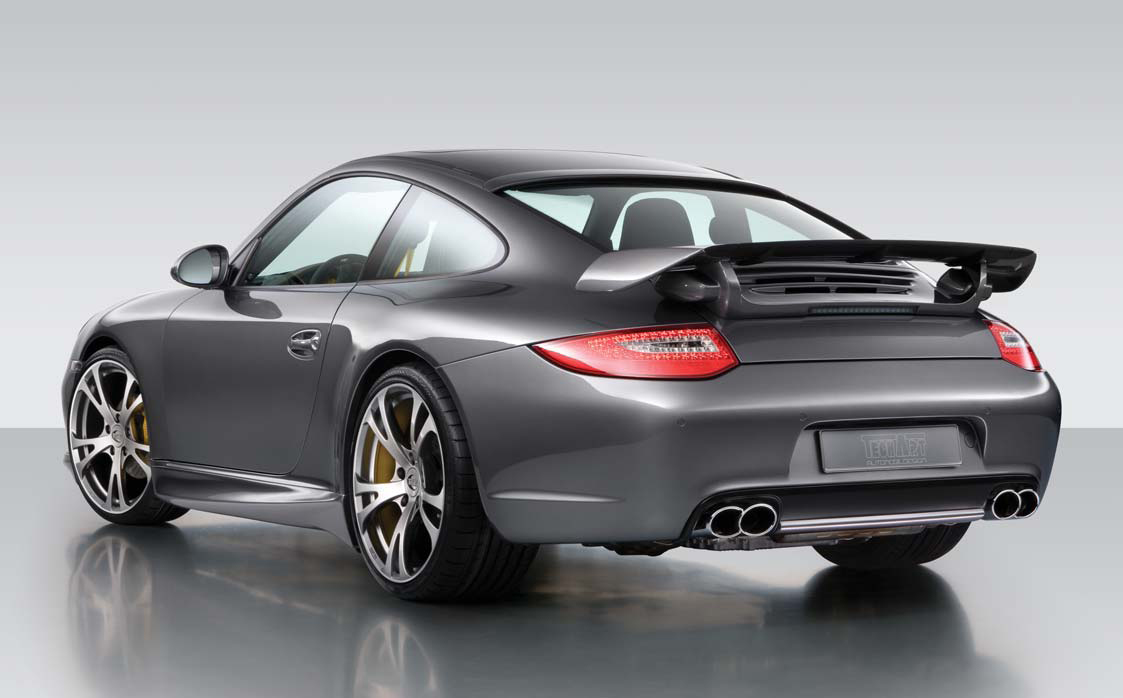
On Tuesday, Porsche unveiled an addition to its storied 911 lineup: the first-ever hybrid version of its iconic sports car. This move reflects Porsche's strategy to blend traditional high-performance engineering with modern hybrid technology, aiming to capture a growing market segment that favors hybrids over purely electric vehicles.

The debut of the hybrid 911 comes at a critical moment in the automotive industry. As environmental concerns and stringent emissions regulations drive innovation, consumers are increasingly gravitating toward hybrid models. These vehicles offer a compelling middle ground, combining the efficiency and lower emissions of electric motors with the proven reliability and performance of internal combustion engines.
Porsche’s decision to hybridize the 911, one of the most recognizable and revered sports cars in automotive history, emphasizes the brand’s commitment to sustainability without compromising on performance. The hybrid 911 is expected to deliver the exhilarating driving experience that enthusiasts have come to expect from Porsche, enhanced by the instant torque and improved fuel efficiency characteristic of electric powertrains.
The hybrid 911's specifications highlight Porsche’s focus on maintaining the car’s sporty pedigree. The vehicle features a twin-turbocharged flat-six engine paired with an electric motor, resulting in a combined output that promises impressive acceleration and top speeds.
Porsche has not yet disclosed the exact performance figures, but industry experts predict that the hybrid 911 will exceed the benchmarks set by its purely gasoline-powered predecessors.
One of the standout features of the hybrid 911 is its advanced energy management system. This system optimizes the balance between the gasoline engine and the electric motor, ensuring that power is delivered seamlessly for both spirited driving and everyday use.
The car is expected to offer multiple driving modes, including an all-electric mode for short commutes and a hybrid mode that maximizes efficiency without sacrificing performance.
Porsche's move to introduce a hybrid 911 aligns with broader market trends. According to recent studies, hybrid vehicle sales have been steadily increasing, driven by consumer concerns about range anxiety associated with electric vehicles (EVs) and the desire for lower emissions.
Hybrids provide a solution by offering the best of both worlds: the extended range of a gasoline engine with the environmental benefits of an electric motor.
This shift in consumer preference is significant. While EVs are gaining traction, hybrids are seen as a more practical and accessible option for many drivers. They do not require the extensive charging infrastructure that pure EVs do, making them an attractive choice for consumers who are not ready to fully transition to electric power.
Porsche’s introduction of the hybrid 911 could also influence the broader performance car market. Traditionally, high-performance cars have relied heavily on powerful gasoline engines to deliver the desired driving dynamics. However, the success of the hybrid 911 could pave the way for more performance-oriented hybrids, challenging the notion that electric and hybrid technology is incompatible with high performance.
Porsche's unveiling of the hybrid 911 marks a huge milestone in the evolution of the automotive industry. By integrating hybrid technology into one of its most iconic models, Porsche is setting a precedent for the future of performance cars.
This move not only addresses the growing consumer demand for hybrids but also reaffirms Porsche's commitment to innovation and sustainability. As the automotive landscape continues to evolve, the hybrid 911 stands as a testament to the potential of hybrid technology to redefine the boundaries of performance and efficiency.
















